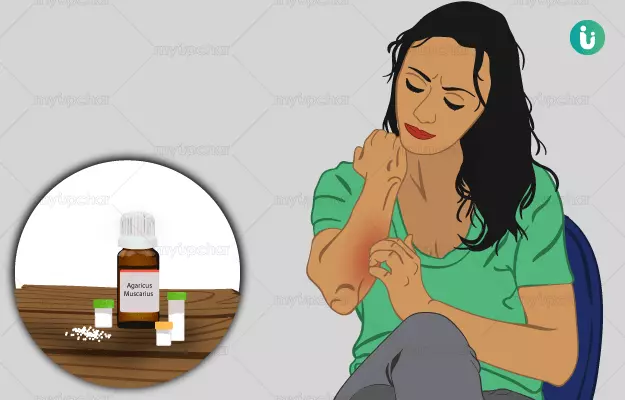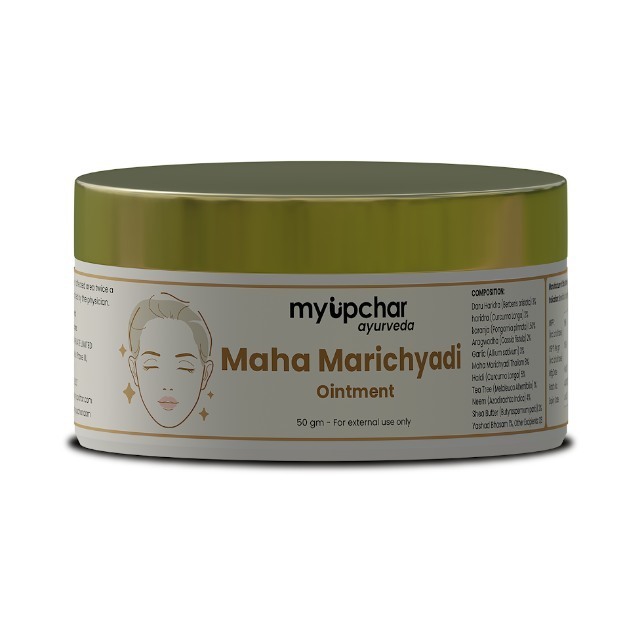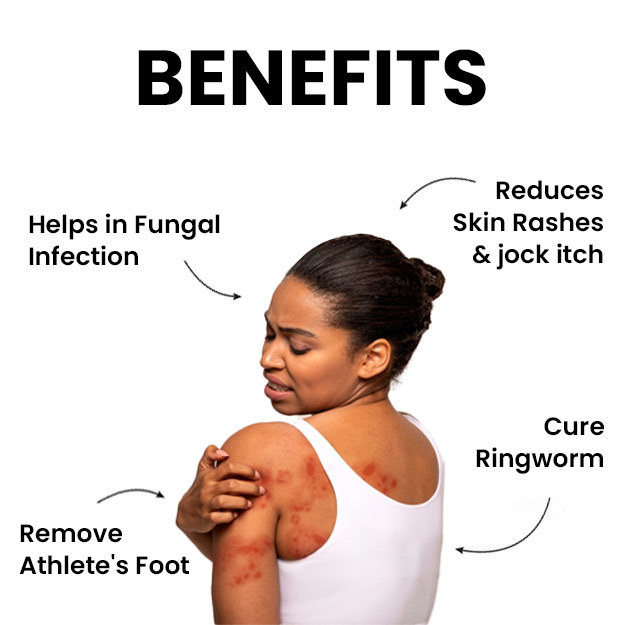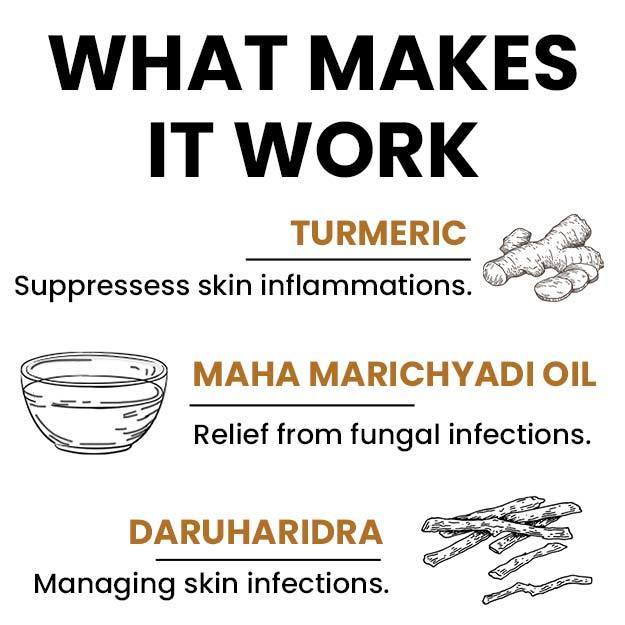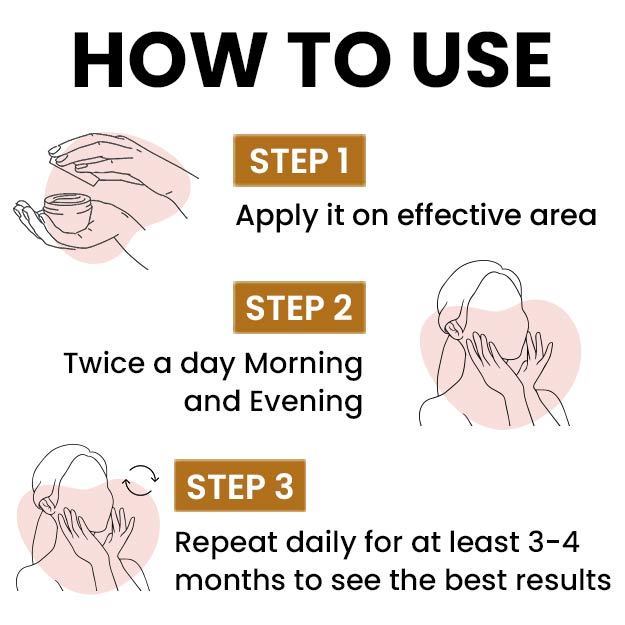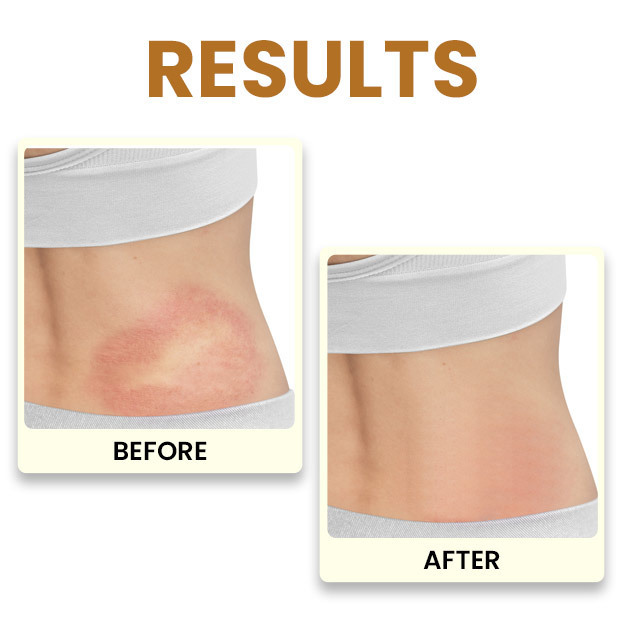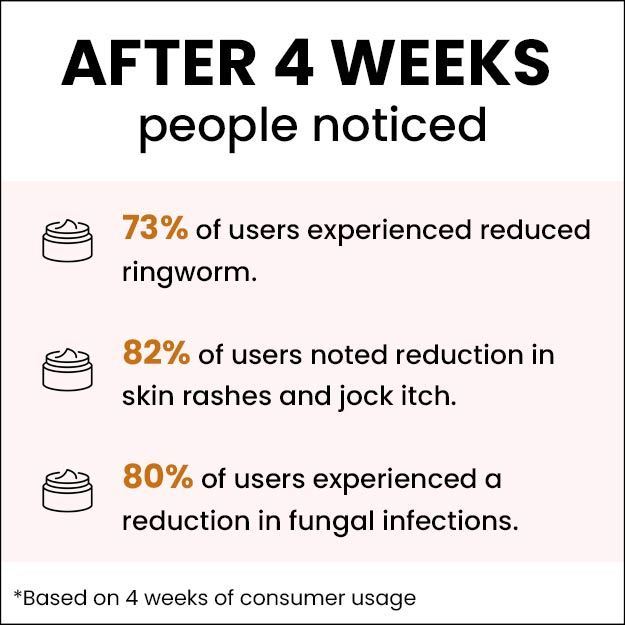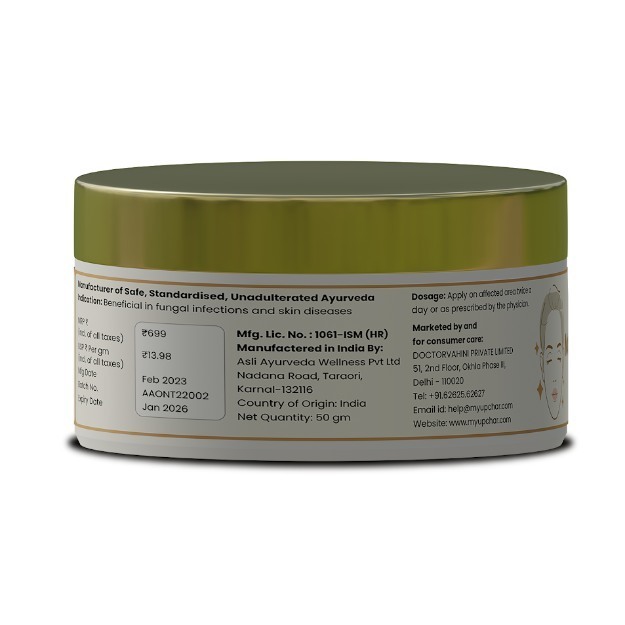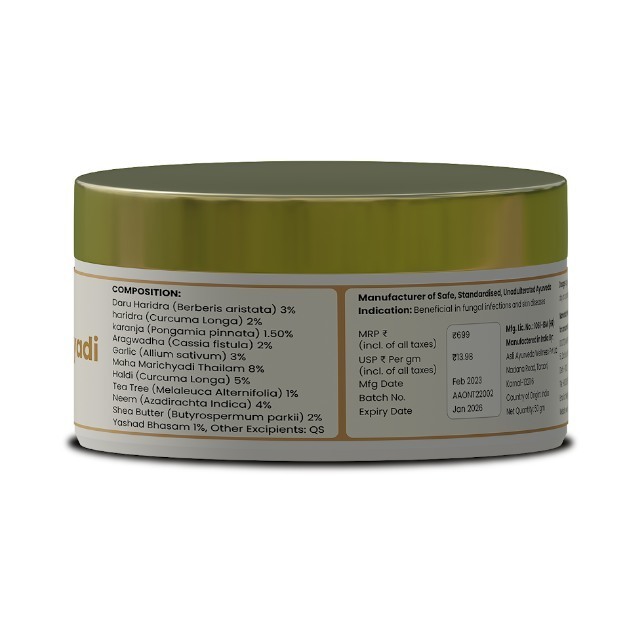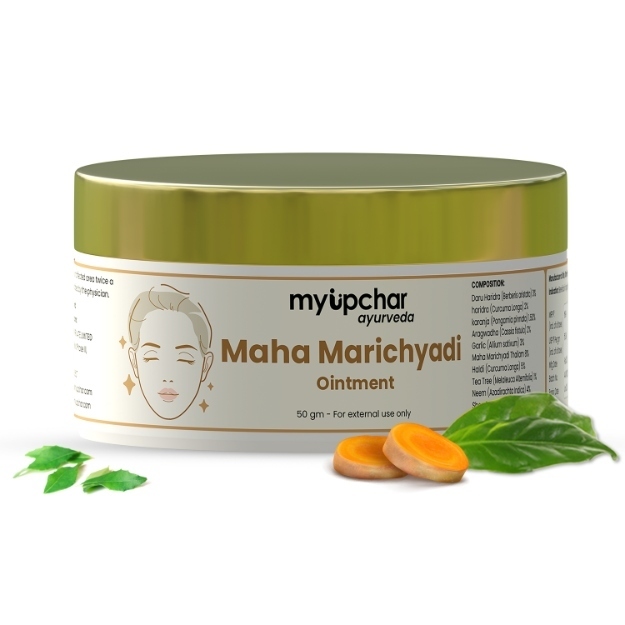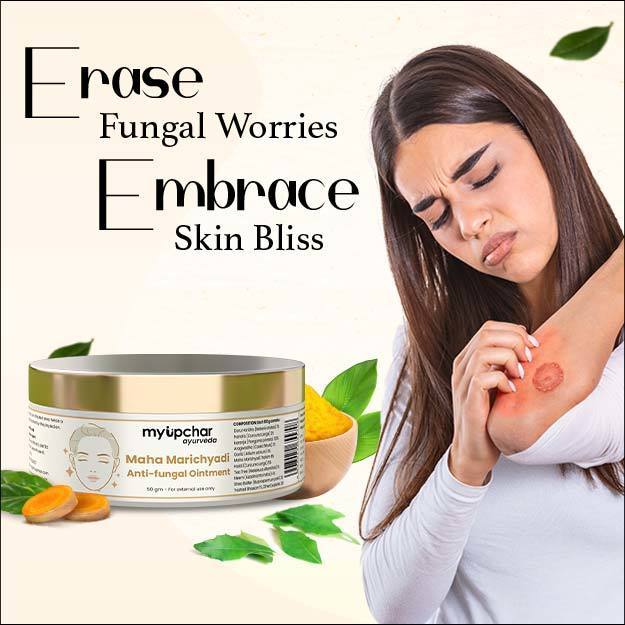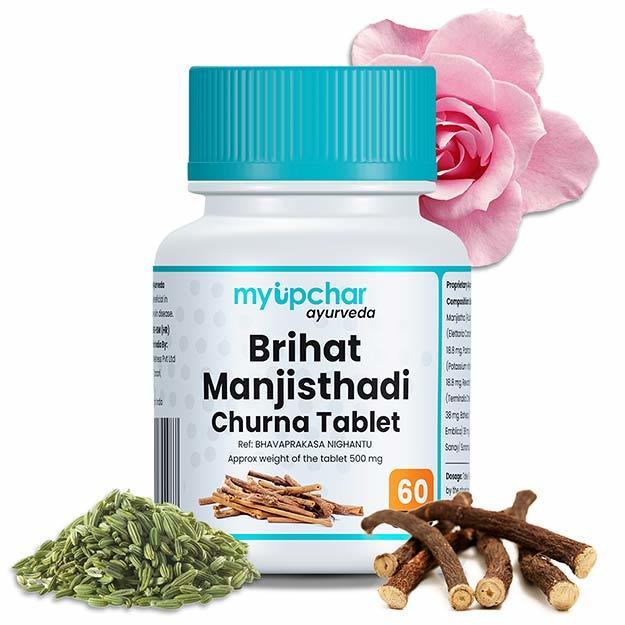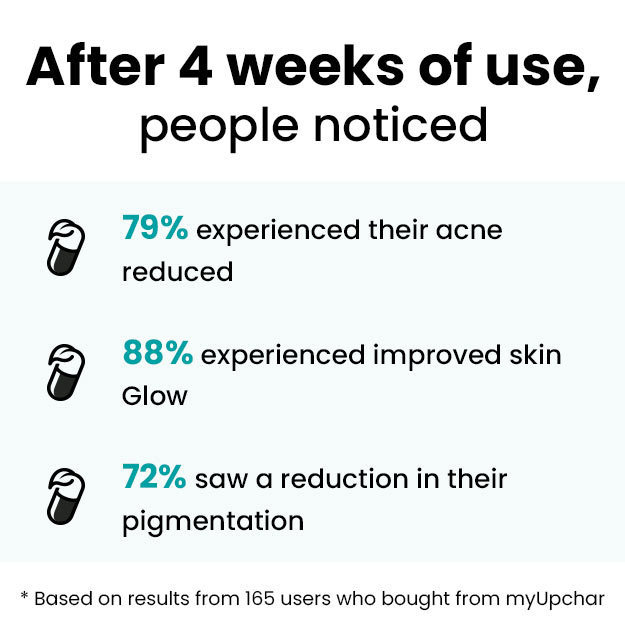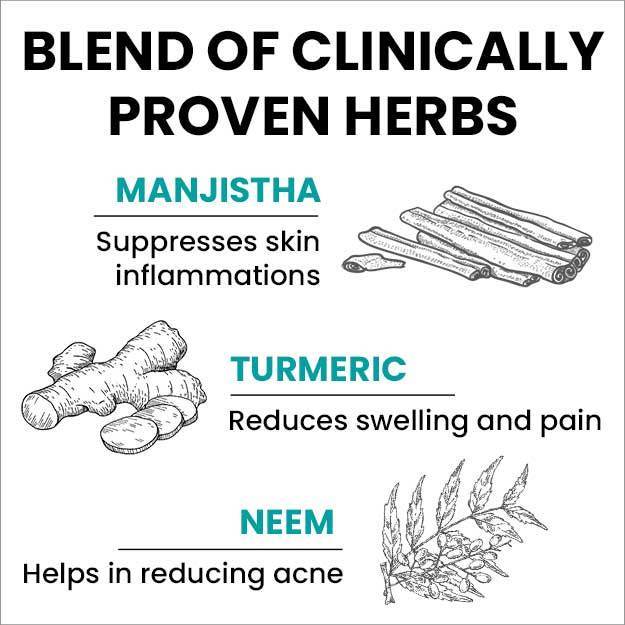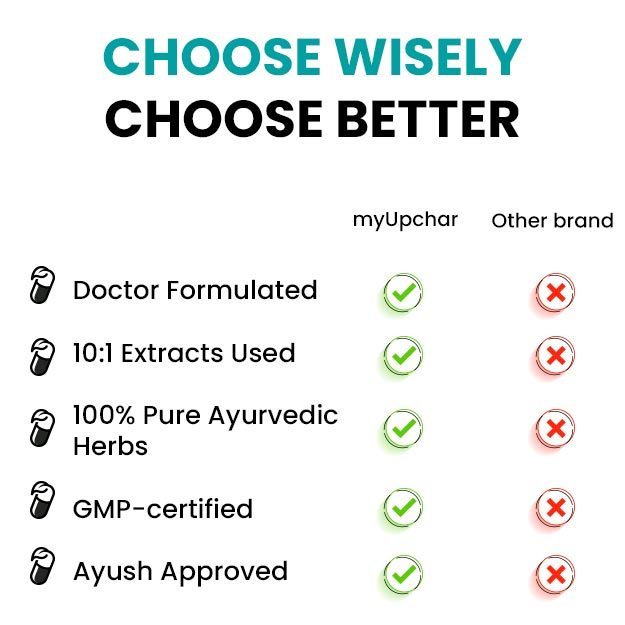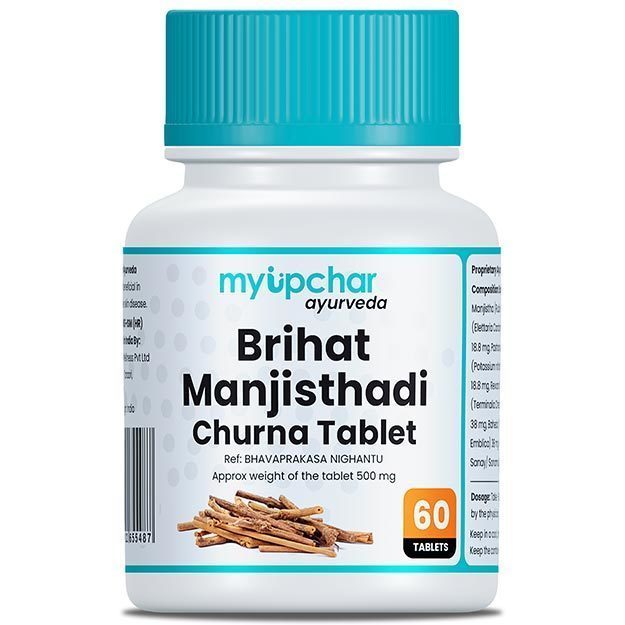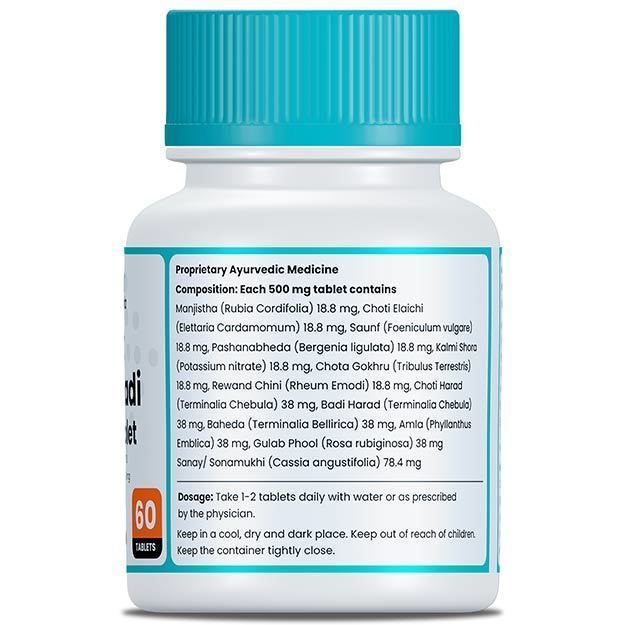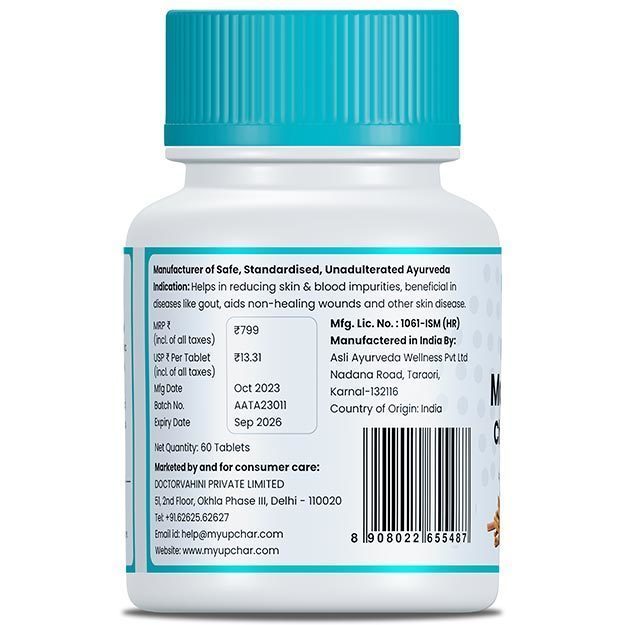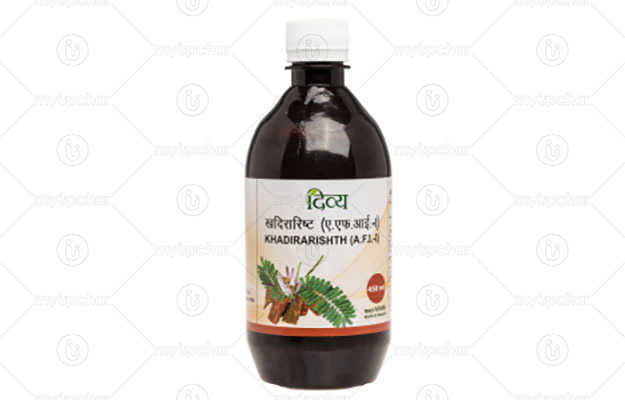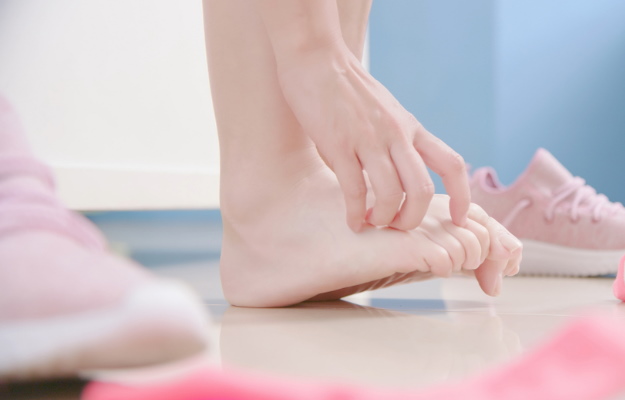Itching, medically called pruritus, is a discomforting symptom associated with various disorders of the skin. Itching may be limited to a small area of skin or involve the whole body and is commonly associated with redness, swelling and heat. Some of the important causes of itching include xerosis or dryness of skin, atopic dermatitis (eczema), allergy, medicines containing opioids, skin infections (e.g., fungal infections, scabies, lice), urticaria (hives) and insect bites. Systemic causes include kidney failure, liver problems, HIV infection, cancer (e.g., Hodgkin’s lymphoma, melanoma), infections (e.g., filariasis, schistosomiasis), nerve problems (e.g., peripheral neuropathy, shingles), autoimmune disorders (e.g., scleroderma, psoriasis, lichen planus), diabetes mellitus and varicose veins. Chronic mental stress, anxiety and depression are also considered as important risk factors for various skin disorders that result in itching. Dermatologists commonly prescribe moisturisers, medicated ointments or creams and oral medications (e.g., antihistamines, steroids) for the treatment of itchy skin.
In homoeopathy, medicines such as arsenicum album, sulphur, apis mellifica, graphites, mezereum, silicea, urtica urens and rhus toxicodendron are frequently used for the treatment of the distressing symptom of itching. Appropriate homoeopathic medicine is selected by a qualified homoeopathic physician on the basis of the individual symptoms and it mainly aims at treating the cause of the disease so as to provide long-term relief to the patient.
- Homoeopathic medicines for itching
- Dietary and lifestyle changes for itching patients as per homoeopathy
- How effective are homoeopathic medicines and treatments for itching
- Side effects and risks of homoeopathic medicine and treatments for itching
- Takeaway
Homoeopathic medicines for itching
Some of the common constitutional homoeopathic medicines used in the treatment of itching include Agaricus, Apis mellifica, Arsenicum album, Bovista, Carbo veg, Causticum, Chelidonium, Graphites, Lycopodium, Mezereum, Natrum muriaticum, Psorinum, Pulsatilla, Rhus toxicodendron, Sepia, Silicea, Staphisagria, Sulphur and Urtica urens.
- Agaricus Muscarius
Common Names: Toadstool, Bug agaric
Symptoms: In the crude state, the fungus used to make this medicine has poisonous effects, especially on the brain, resulting in delirium and hallucination. When processed using homoeopathic methods, it helps relieve the following symptoms of itching:- Itching related to various skin disorders (e.g., pimples, fungal infection, lichen planus).
- Itching associated with redness, burning sensation and swelling of the skin.
- A peculiar sensation as if the skin is pierced with needles of ice that accompanies itching.
- Fungal infection of skin that appears in the shape of a ring or small boils.
- Itching that is aggravated on exposure to cold weather and cold open air and after eating.
- Patient feels better by slow movements, such as walking gently.
- Arsenicum Album
Common Names: Arsenic trioxide, Arsenious oxide
Symptoms: The characteristic symptoms relieved by this remedy include:- Itching caused by conditions such as scabies, eczema, urticaria (hives), allergy, measles, shingles, psoriasis and chickenpox.
- Extremely dry skin that appears like parchment or a thin paper with a lot of scales
- Dull and unhealthy skin.
- Severe itching of skin which increases on scratching and is associated with a burning sensation.
- States of nervousness, anxiety and extreme restlessness accompanying itching.
- Itching gets worse in cold air, at midnight and in humid wet atmosphere and is relieved by warmth.
- Apis Mellifica
Common Name: Honey bee
Symptoms: The remedy is indicated for the following symptoms:- Hives (angioneurotic oedema) and skin allergy.
- Boils or wheals (red blotches) that appear like bee stings on the face, ears, lips, back, wrists, feet, etc.
- Intense itching with extreme sensitivity of the skin, which worsen after the slightest touch.
- Skin which is hot or cold, red, swollen and waxy in appearance.
- Pricking and burning sensation associated with intolerable itching.
- The symptoms of itching are aggravated by the slightest motion and touch, evening hours, heat, cold air and change in weather. Open air relieves itching significantly.
- Graphites
Common Names: Black lead, Plumbago
Symptoms: The following symptoms are relieved by this remedy:- Itching resulting from conditions like atopic dermatitis, eczema and herpes (shingles).
- Dry skin which forms cracks, especially in the areas overlying the joints (elbow, fingers, etc.).
- Itching accompanied by a sticky yellowish discharge that causes a burning sensation in the affected area.
- Formation of nodules or wheals on scratching.
- Itching increases at night and with heat and is better when the affected area is covered or wrapped up.
- This remedy is best suited for obese people with a fair complexion.
- Lycopodium Clavatum
Common Name: Club moss
Symptoms: Lycopodium is best suited for persons who have chronic gastrointestinal problems such as flatulence (passing gas) and bloating of abdomen. Highly intellectual persons with weak digestion have a tendency to suffer from psoriasis (especially on the abdomen and legs) causing itching. The symptoms relieved by this remedy are as follows:- Itching due to conditions such as hives (chronic urticaria), derangement of liver function, eczema and psoriasis.
- Dry skin with severe itching that worsens with warmth, moisture and at night.
- Tendency to pus formation with offensive discharge in case of eczema
- Spots of psoriasis that are red with intense itching and that bleed easily.
- Aggravation of complaints between 4 pm and 8 pm.
- Heat, warmth of the bed, fermented food and hot air are some of the factors that aggravate itching. Cold application, after midnight and warm food and drinks, make the patient feel better in general.
- Natrum Muriaticum
Common Name: Common salt
Symptoms: This medicine works best in people who are weak due to anaemia and suffer from chronic constipation. Natrum muriaticum is used to treat itching in patients with the following symptoms:- Itching associated with skin conditions such as chronic urticaria and chronic eczema
- The affected area of skin is red with intense itching.
- The skin is oily like wax, especially in areas that are covered with hair.
- Itching increases with intake of salt, exposure to seashore wind (high salt content in the air), after physical exertion (especially hives) and heat.
- Patient feels better in open air, with fasting, bathing in cold water and wearing tight clothes. Psychologically, patients requiring Natrum muriaticum are oversensitive to emotional stress, irritable, depressed and aggravated by consolation.
- Sulphur
Common Name: Sublimated sulphur
Symptoms: Patients who need sulphur have the following symptoms:- Unhealthy, dry, wrinkled and loose skin.
- Violent itching associated with various skin problems such as eczema, hives and skin allergy.
- Scratching provides temporary relief, but continues to worsen the itching.
- The affected part of the skin burns and is sensitive to touch after continuous scratching.
- Itching increases significantly after application of water to the sensitive area of the skin.
- Itching also increases with heat (e.g., warmth of the bed), in the morning, after taking alcohol, in every spring season, standing (itching in varicose veins), humidity and damp weather.
- Patient feels better in dry and warm weather, with short naps and by continuously scratching the skin. Patients requiring sulphur have a characteristic feature of skin complaints alternating with internal body problems (such as joint pain, gastric disorder and respiratory diseases).
- Urtica Urens
Common Name: Stinging nettle
Symptoms: Patients who experience itching from hives or urticaria respond well to this remedy. Urtica urens is advised in case of:- Hives that appear in the form of raised and red bumps on the face, legs, back, shoulders, hands, fingers, etc.
- Intense itching associated with burning sensation, with a constant desire to continuously rub the skin
- Appearance of hives before or during an acute attack of rheumatism is a characteristic feature of Urtica urens.
- Episodes of urticaria occur every year in the same season.
- Tendency to develop herpes with severe itching in the genital region
- Itching and nodular bumps disappear when patient lies down and reappear on rising
- Vomiting when hives are suppressed with medicines
- Symptoms are aggravated on exposure to cold air and touch.
- Itching is less when lying down.
Dietary and lifestyle changes for itching patients as per homoeopathy
Homoeopathic medicines are prescribed in very small doses and generate an effective curative action. The action of these medicines is prone to get disturbed due to various factors that otherwise form a normal part of your in day-to-day life. Hence, it is necessary to follow strict dietary and lifestyle habits that prevent disturbance of the action of homoeopathic medicines.
Do’s
- Consume a healthy, natural and nutritious diet that is free from artificial agents or medicinal properties. (Read more: Balanced diet benefits)
- Perform exercises of moderate intensity (such as walking) regularly in all seasons of the year.
- Practice stress management techniques like meditation and develop the habit of reading books that will help in combating stress, anxiety and other negative emotions.
- Restrict yourself from using any substance that can potentially disturb the beneficial action of homoeopathic medicines.
Don’ts
- Avoid intake of strong stimulants, such as coffee and tea made from medicinal herb extracts.
- Avoid using strong spices in diet, artificially flavoured drinks, raw vegetable soups with medicinal properties and vegetables and animal-based food of inferior quality.
- Avoid intake of raw onions, celery and other medicinal herbs.
- Avoid clothing that is not suitable for existing weather conditions.
- Avoid staying in a damp and humid environment.
- Stay away from incidences that can cause excitation, anger or other negative emotions in the mind.
How effective are homoeopathic medicines and treatments for itching
According to homoeopathy, itching of the skin is an external expression of an internal body disorder. Homoeopathic medicines treat the internal disorder or the cause, restore health thereby removing itching. Homoeopathic treatment is based on the concept of individualisation. It means the remedy selected on the basis of specific symptoms (constitutional medicine) presented by the patient is most effective in relieving the sufferings of that person. Additionally, the miasmatic approach (psora, sycosis and syphilis) or the tendency of a person to suffer from a particular disease also helps the homoeopathic physician in deciding the correct remedy. In case of psora and sycosis, itching is associated with redness, swelling and thickened skin, whereas, in syphilis, itching is accompanied by bleeding with cracks and formation of ulcers on the skin.
The effectiveness of homoeopathic medicines has been shown by various research studies undertaken in different parts of the world. A study done in Japan showed that the itching caused by eczema improved by 50% with homoeopathic treatment in patients who had failed to respond to the standard treatment for eczema.
Side effects and risks of homoeopathic medicine and treatments for itching
The minute doses of homoeopathic medicines do not cause any side effects or dangerous effects in the patient receiving homoeopathic treatment. A homoeopathic physician decides the suitable dose and frequency of the medicine for your condition to avoid the risk of unnecessary symptoms that are produced by larger doses of.
Takeaway
Homoeopathic medicine is a gentle and harmless way of curing itching resulting from different types of skin disorders. Homoeopathic treatment cures itching by establishing health in both the body and mind. Treatment of itching with the best selected constitutional medicine under the supervision of a qualified homoeopathic physician alone can bring about total cure of the disease condition.
Find Homeopathic Doctor in cities
Doctors for Homeopathic medicine, treatment and remedies for Itching

Dr. Rutvik Nakrani
Homeopathy
6 Years of Experience

Dr. Jyothi
Homeopathy
23 Years of Experience

Dr. Urvashi Chaudhary
Homeopathy
8 Years of Experience

Dr. Anita Kumari
Homeopathy
12 Years of Experience
References
- American Academy of Family Physicians. Pruritus. Am Fam Physician. 2003 Sep 15;68(6):1135-1142.
- American Institute of Homeopathy. Dermatitis. Whitehead St.; [Internet]
- British Homeopathic Association. Agaricus. London; [Internet]
- William Boericke. Boericke's New Manual of Homopathic Materia Medica . B. Jain Publishers; Ninth Edition
- Constantine Hering. The Guiding Symptoms of our Materia Medica. Médi-T
- Constantine Hering. The Guiding Symptoms of our Materia Medica. Médi-T
- William Boericke. Homoeopathic Materia Medica. Kessinger Publishing: Médi-T 1999, Volume 1
- John Henry Clarke. Materia Medica. A Dictionary of Practical; Médi-T

